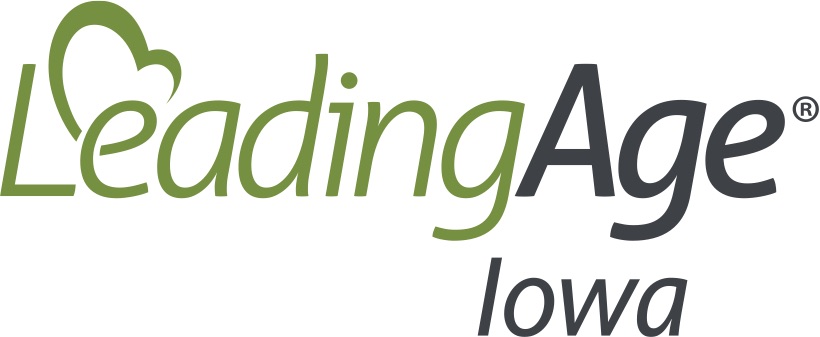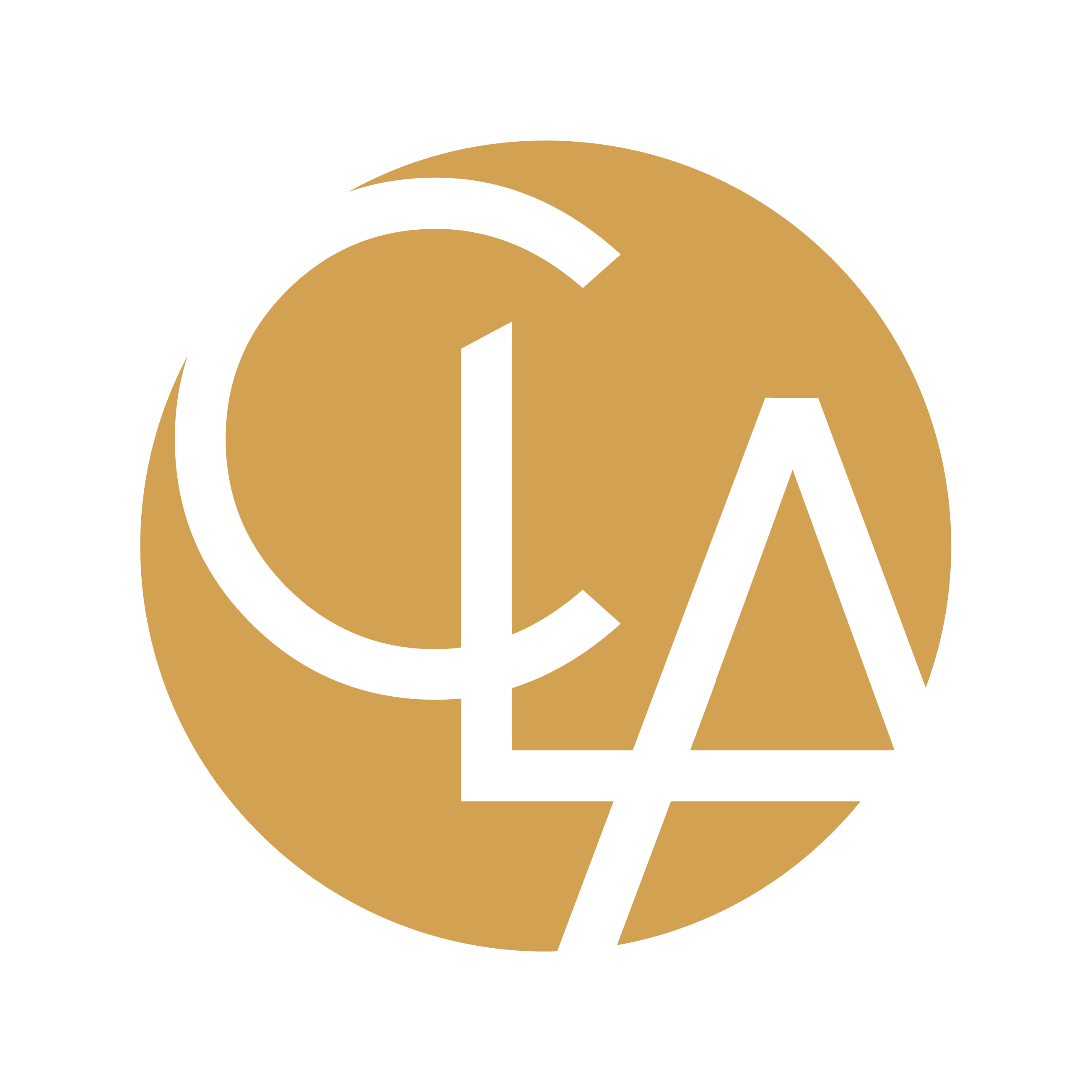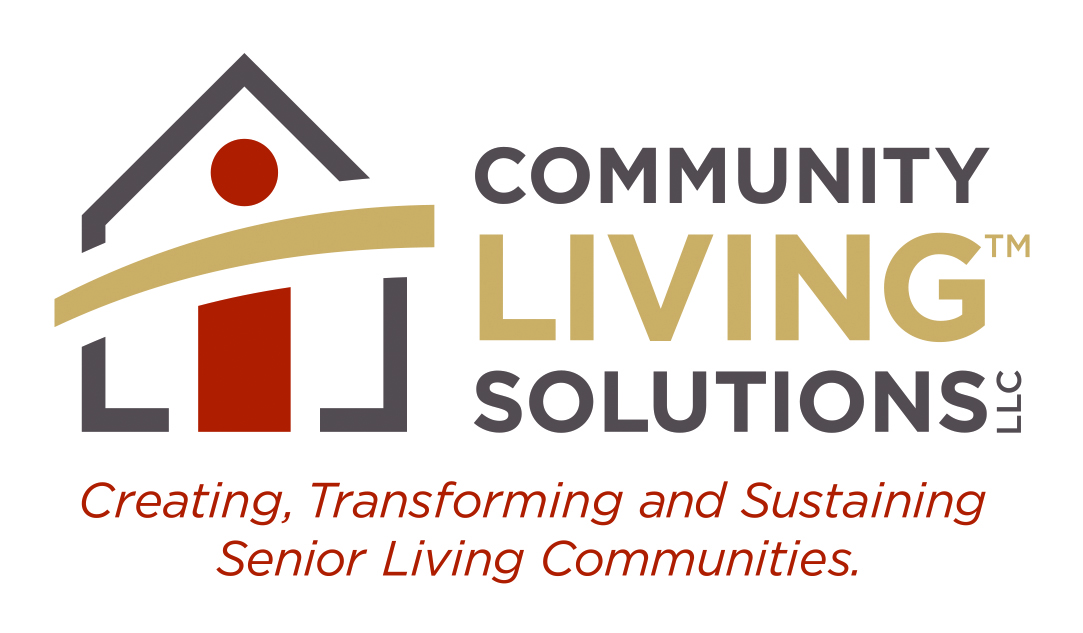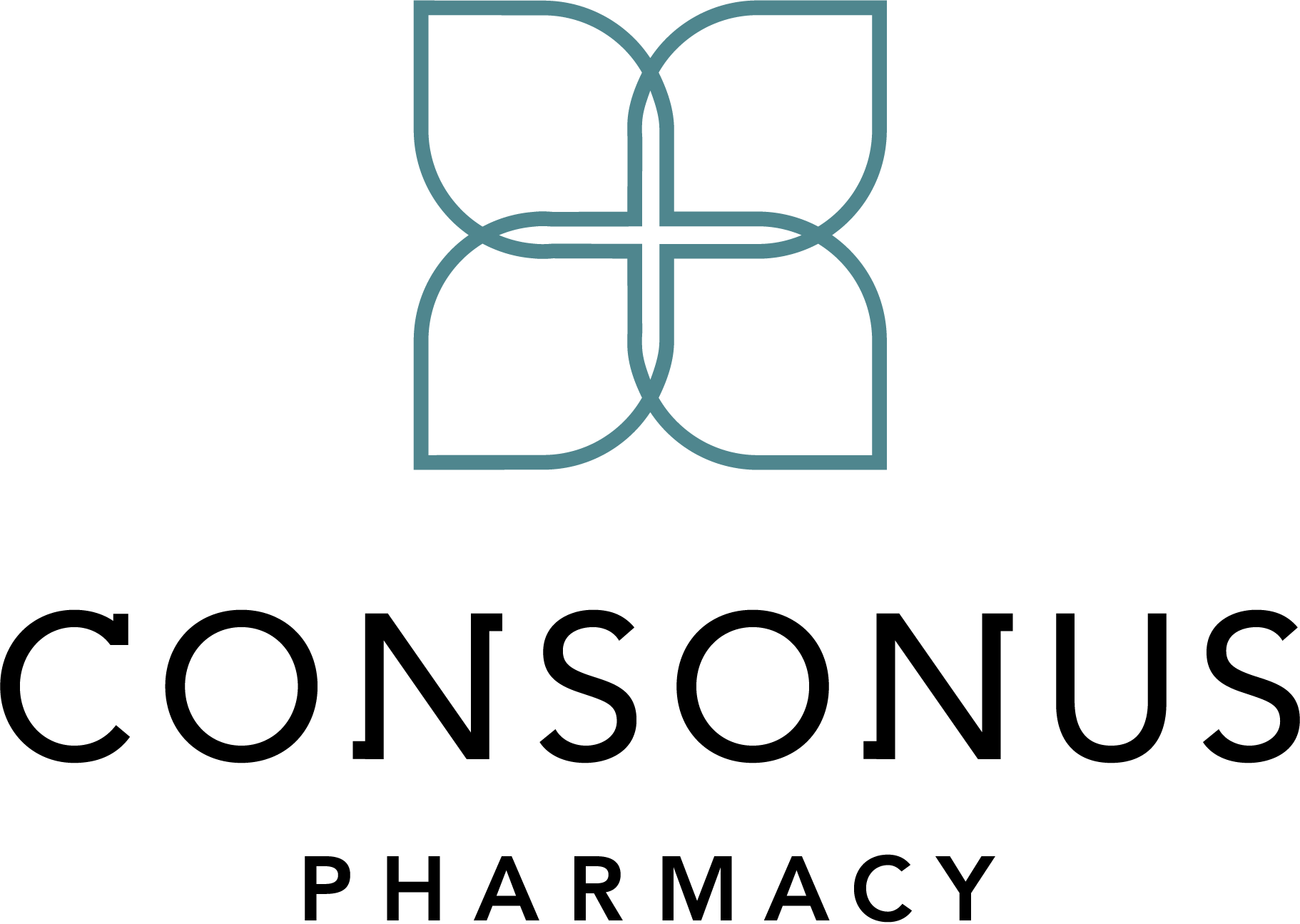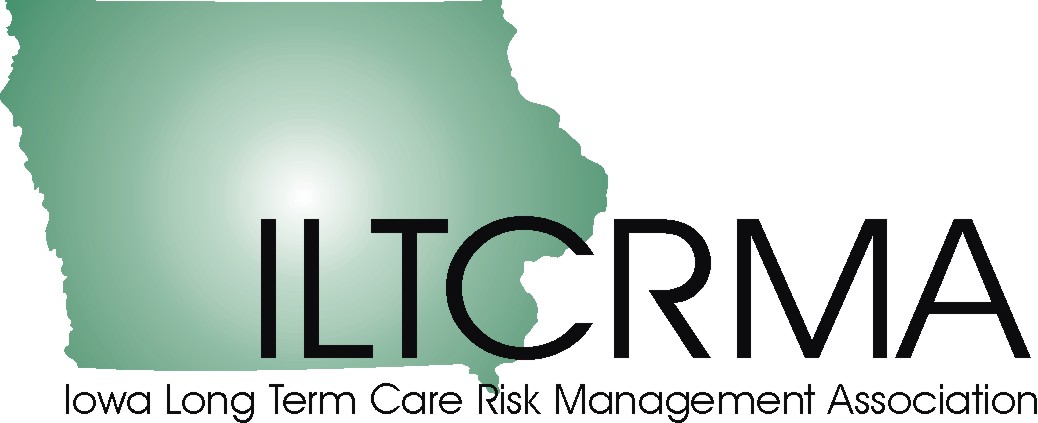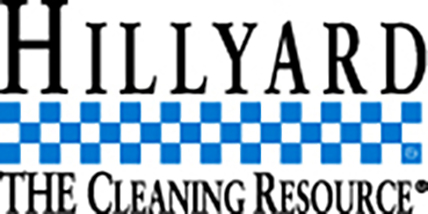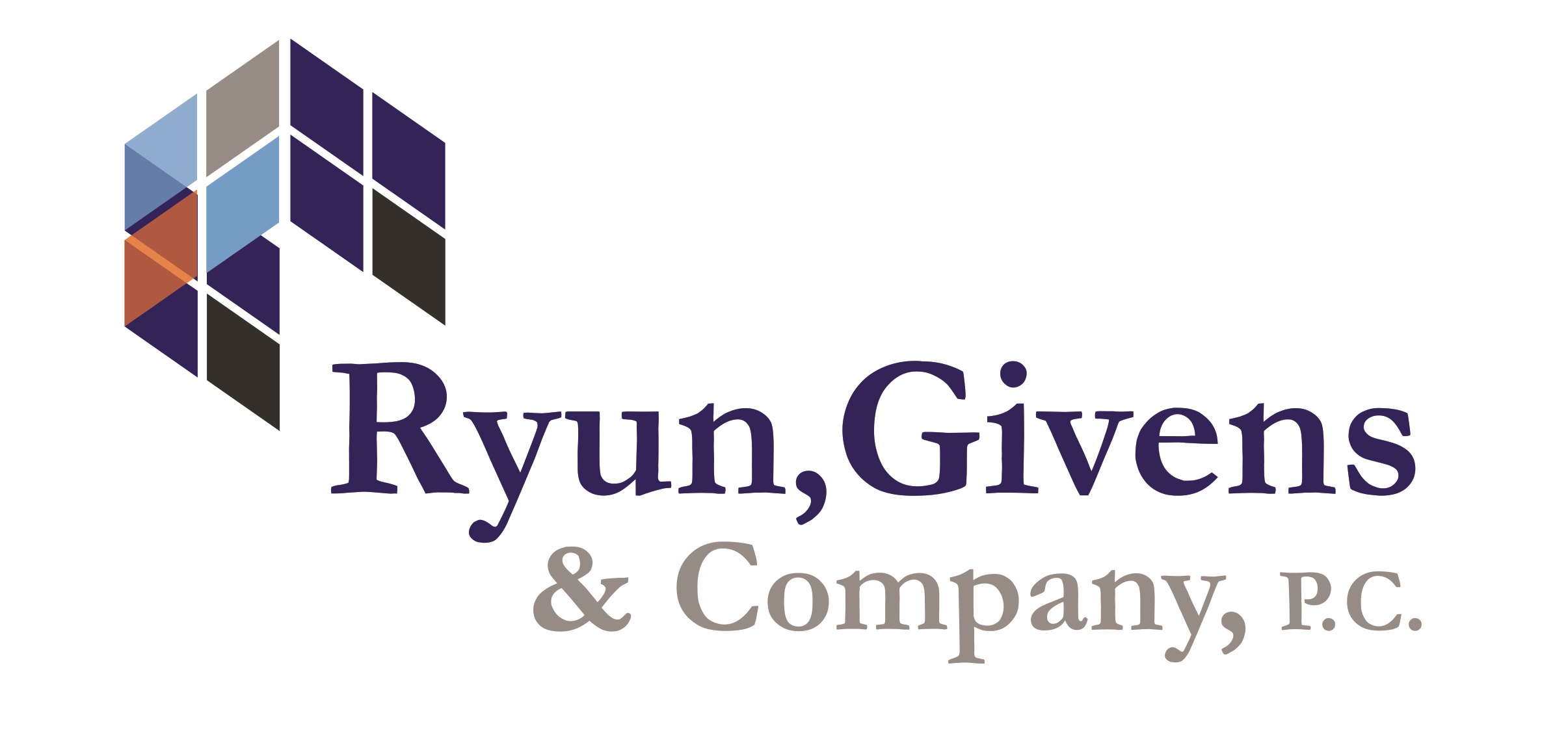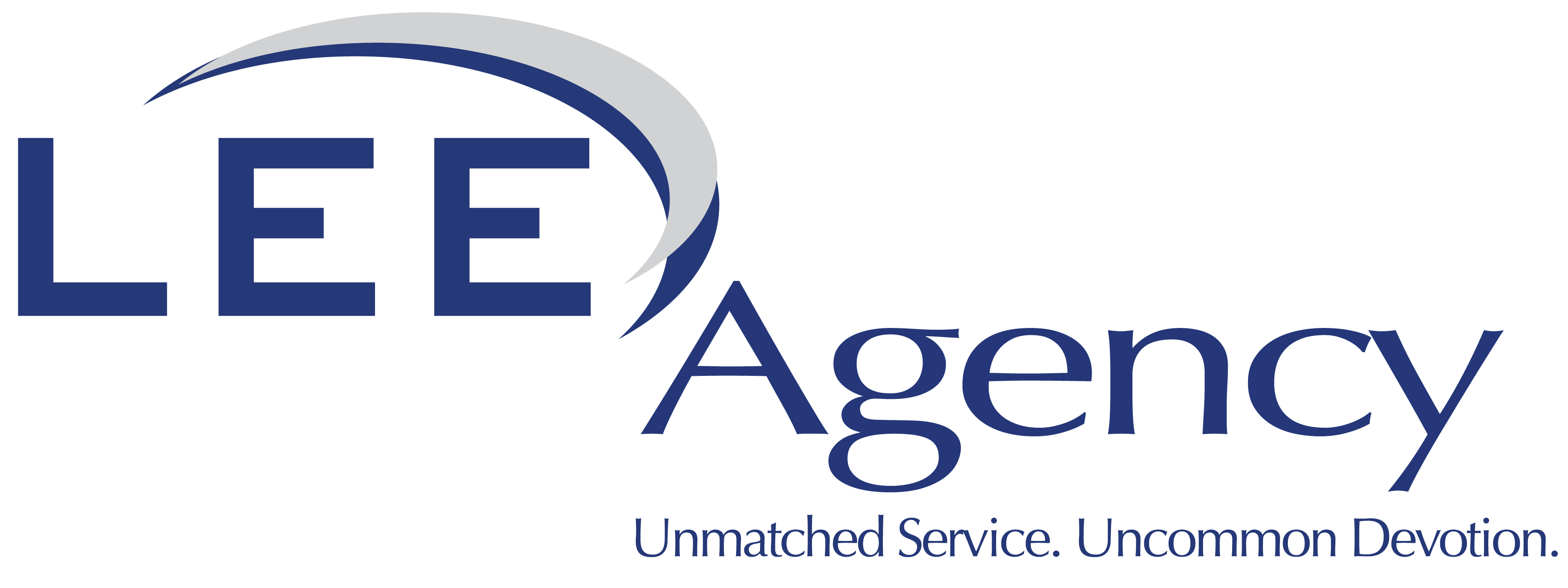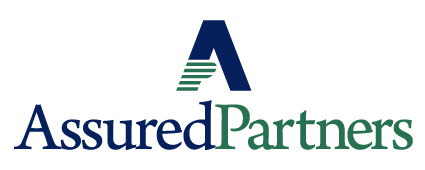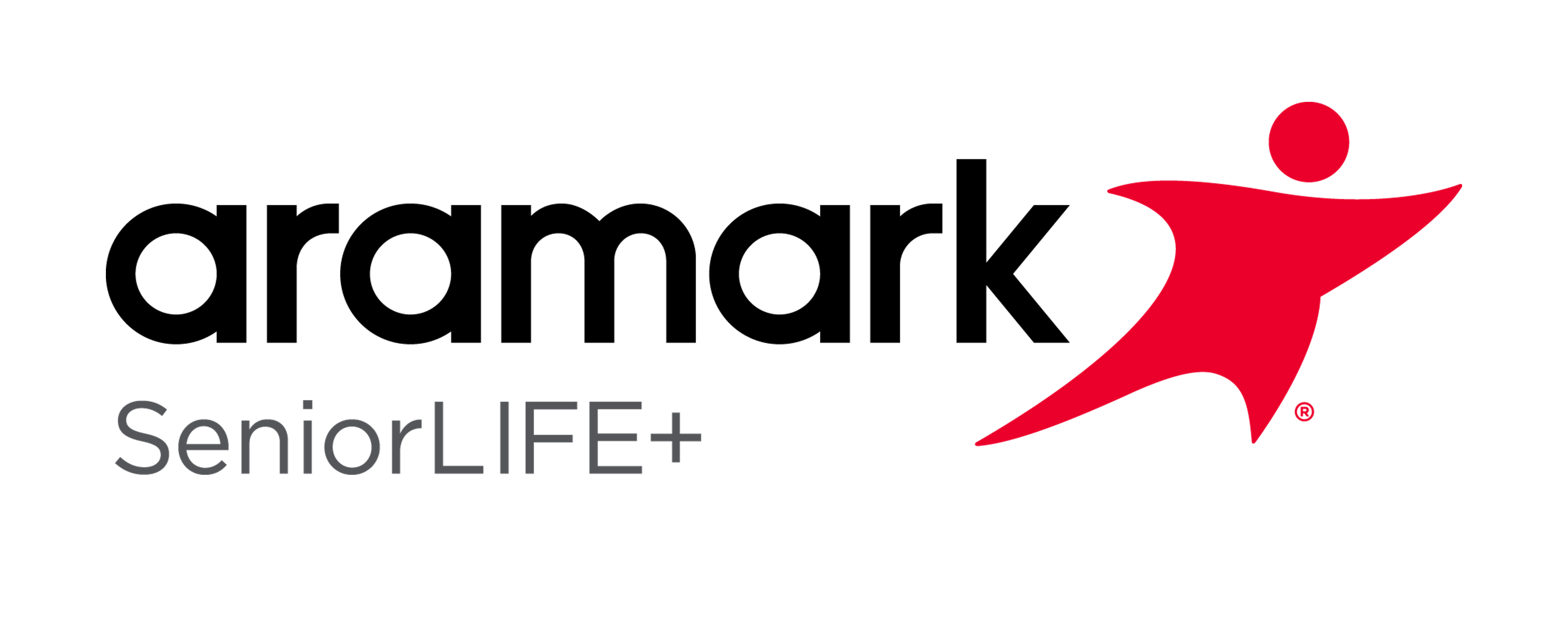Governor’s Proclamation Delivers Regulatory Relief for Aging Services; Expands Closures and Extends Deadlines
On March 26, 2020, Governor Reynolds released a new public health emergency proclamation with significant regulatory relief for aging services providers and additional state closures. The Proclamation has 17 different regulatory changes targeted specifically at aging services. Two of the changes are new requirements or restrictions on aging service practices and 15 are suspension of certain regulatory requirements. The duration of the proclamation lasts until April 16, 2020, unless sooner terminated or extended by the Governor.
Note that these provisions are state law and rule waivers. LAI has noted where relevant where a corresponding federal waiver has been requested by LAI/IHCA jointly. CMS has not acted upon those waiver requests yet. LAI has heard that CMS will issue additional blanket waivers this week but no detail is available related to those waivers, or if they will be issued, yet.
New Requirements
- Enhanced staff health screenings: All hospitals, nursing facilities, intermediate care facilities, residential care facilities, hospice programs, and assisted living programs must screen all staff at the beginning of their shift for:
- Fever by taking employee’s temperature
- Respiratory symptoms including absence or shortness of breath, new or change in cough, or sore throat, and
- Take any preventative measures based on that screening to prevent the spread of COVID-19 within the facility.
- Suspension of involuntary discharge for nonpayment for NF and RCF: Suspends the regulatory provisions permitting residential care facilities or nursing facilities to involuntarily discharge or transfer a resident for nonpayment for the resident’s stay. Citations: Iowa Administrative Code (IAC) 481-57.14(1)(e) and 58.40(1)(c)
Healthcare Regulatory Suspensions
- Fines for NF, RCF, and AL: Suspends state fines for a health care facility or assisted living program, to the extent those fines may be issued in suspension. Citations: 481—56.2 and 481—56.2 Citations: IAC 481—56.2 and 481— 67.17 [LAI/IHCA have requested the waiver of federal CMPs and DDPNA penalties, except for IJ violations.]
- Background checks for NF, RCF, and AL: Suspension the requirement to complete a background check prior to employment at a nursing facility or assisted living program. The order does not waive background checks but allows the nursing facility or assisted living program to employ an individual once that criminal history check is submitted, pending completion. Note that LAI will seek clarification from DIA on their interpretation of what nursing facilities must still do to meet federal requirements. Citations: Iowa Code § 135C.33; IAC 481—50.9(3) & (9) and 67.19(3) [LAI/IHCA have requested a waiver of the criminal background checks associated with fingerprint-based criminal checks in 42 CFR §455.434.]
- NF license renewal: Suspends the requirement that a nursing facility to submit renewal applications at least 30 days in advance of license expiration. Citations: Citations: Iowa Code § 135C.8;. IAC 481—58.3(3)(a) [LAI/IHCA have requested waiver of the federal application fee for Medicaid enrollments and re-enrollments.]
- Medication aide requirements for nursing students in NF and ICF: Suspends the regulatory provisions requiring nursing students to successfully complete of a medication aide course or challenge exam in order to administer medication. Appendix PP of the federal state operations manual for LTC facilities states that “the facility may permit unlicensed personnel to administer medications if state law permits, but only under the general supervision of a licensed nurse.”The waiver of the Medicaid aide course or challenge exam applies if the facility has documentation that it has implemented training and supervision measures to ensure the student’s competency in safe medication administration AND only to the extent the nursing student meets the following requirements:
- Completed a clinical or nursing theory course within 6 months,
- Successfully completed a nursing program pharmacology course within one year before taking the challenge examination; and
- Successfully completed a department-approved nurse aide competency examination. Citations: IAC 481—58.21(6)(d); 58.21(6)(d)(1), (2), & (4); 481-65.17(1)(d)
- Dental services in NF and RCF: Suspends the requirement for residential care facilities and nursing facilities to assist the resident obtain regular and emergency dental services. Note that federal law in F791/42 CFR §483.55 requires nursing facilities to assist residents in obtaining routine and 24-hour emergency dental care, but due to closures of dental practices except for emergencies and distancing guidance, it’s unlikely that delay of routine dental care would be cited. Citations: IAC 481—57.20(1) & 58.23(1)(a)
- Group activities in NF and RCF: Suspension of requiring group activities in residential care facilities and nursing facilities. CMS issued guidance that all group activities should be canceled in QSO-20-14-NH on March 13 so this waiver creates alignment with federal directive. Citations: IAC 481—57.23(1) & 58.26(1)
- Regulatory required in-person visits in NF: Suspends the regulatory provisions of Iowa Admin. Code requiring the allowance of regular visiting hours and in-person visits with residents in nursing facilities. CMS issued guidance restricting visitors in QSO-20-14-NH so this waiver creates alignment with federal directive. Citations: IAC 481—58.47
- Two-working day requirement for additional or rebuttal information for AL evaluations or investigations: Suspends the requirement that an assisted living program submit any additional or rebuttal information to the department within two working days of an exit interview at the conclusion of a monitoring evaluation or complaint investigation. Citations: Iowa Code § 231C.8(1); IAC 481—67.13(1)
- New AL medication aide/manager requirement: Suspends the requirement that a person administering medications in an assisted living program have, at a minimum, passed a medication manager course and examination. Suspension of this provision is effective on April 15, 2020, the date upon which that rule becomes effective. Citations: IAC 481—67.5(2)(f)(1)
- Program manager and delegating nurse AL management/AL nursing class: Suspends the requirement that a new program manager and delegating nurse in assisted living programs complete an assisted living management class and/or an assisted living nursing class within six months of employment. Citations: IAC 481—69.29(5) & (6)
- Service plan for occupancy or admission in AL and RCF: Suspends the requirement that assisted living and residential care facilities update a tenant’s or resident’s service plan within thirty days of occupancy or admission. Citations: Iowa Code § 231C.3(1)(c); IAC 481—69.22(2) & 57.22(3)
- RCF physical examination requirements: Suspends the requirement that a residential care facility employee have a physical examination no longer than twelve months prior to beginning employment, to the extent it is not feasible for a facility to obtain the required physical examination prior to beginning employment. Citations: IAC 481—57.11(6)
- TB testing requirement in RCF: Suspends the requirement that a residential care facility screen and test an employee for tuberculosis if it is not feasible for a facility to do so, to the extent the facility continues to perform and document sign/symptom review of new health care workers and residents and places the health care worker or resident on a callback list to test as soon as possible. Citations: IAC 481—57.11(6)
- RCF and ICF/ID medication aide course requirement: Suspends the requirement that a person administering medications in a residential care facility and intermediate care facility for the intellectually disabled to complete a department-approved medication aide course and pass a department-approved medication aide exam, to the extent the person has successfully completed a state-approved medication manager course and passed a state-approved medication manager exam to administer medications. Citations: IAC 481—57.19(3)(c)
- RCF orientation, resident rights, and evacuation plan review: Suspends requiring a residential care facility provide orientation within twenty-four hours of admission, to the extent the facility must continue to provide a review of the resident’s rights and the facility’s evacuation plan. Citations: IAC 481—57.22(1)
- Nurse licensing relief: Suspends the limitation on the number of clinical hours that can be satisfied through simulation activities for nursing education programs and directs the Iowa Board of Nursing to provide guidance on the clinical hours change as well as the emergency licensure provisions for nurses unable to take their licensure examinations in the proclamation issued on March 22 2020.
- Suspension of elective and non-essential medical and dental surgeries: At 5:00 pm on March 27 "through the duration of this disaster," all non-essential and elective surgeries that can be delayed without "undue risk to patients" are suspended. Also, all elective dental procedures including hygienic, orthodontic or cosmetic procedures are suspended. Emergency procedures are still allowed.
- Telehealth Reimbursement: Health insurers will reimburse health care professionals for telehealth at the same rate as in-person visits for the duration of the proclamation. Also authorizes audio-only transmissions.
Other Provisions in the Proclamation
- Extended closure timeline: All previously declared business closures are extended another week until 11:59 p.m. on April 7. This includes restaurants, bars, fitness centers, swimming pools, salons, barbershops, theaters, casinos, senior centers, adult day centers, and any mass gathering of more than 10 people.
- Additional retail closures: The Proclamation expands the business closures to include bookstores; clothing stores; shoe stores; jewelry stores; luggage stores; cosmetic, beauty, or perfume stores; florist; and home and furniture furnishings stores until 11:59 p.m. on April 7. Exceptions are made for retail establishments that sell essential food, medical supplies and household goods.
- Schools will remain closed until April 13.
|
